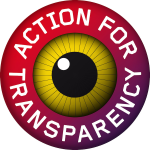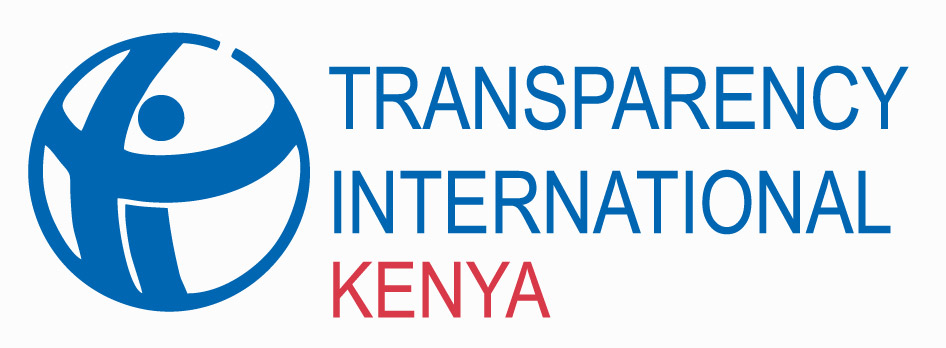Action for Transparency

What We Do
We empower citizens and government employees to act on corruption experienced in their everyday lives. Using a mobile phone with Internet access, anyone is able to check the amount of government money pledged to each school and health clinic – and the amount actually spent. By exposing which institutions and individuals are involved in corruption and providing the data to journalists and activist groups we hope we can make corruption less attractive.
Our Story
Why? Corruption is an ingrained behaviour – this must be taken into consideration. In order to change this attitude, we need to cooperate with civil society, media, government and the international community. Government should be an active partner from the very start, just as the community. Focus in the community should be on citizen monitoring, using wiki solutions, rather than relying too much on whistle blowing.
Participate
Citizen participation in governance and development processes is based on the constitutional foundation which places sovereign power on the people of Kenya. It is this power that has been delegated to state actors at the national and county levels. This sovereignty must be respected and institutionalised in all processes of governance including in the Education and Health sectors. Public participation is also one of the national values and principles of governance stipulated in article 10 for which we all have a duty to promote and exercise as patriotic citizens.
Background And History
Action for Transparency (A4T) is a pioneering project that fights corruption and mismanagement of government funds by putting the power to change in the hands of citizens.
Using a mobile phone with Internet access, anyone is able to check the amount of government money pledged to each school and health clinic – and the amount actually spent. If you don’t have a smartphone, you can find the same functionality on the website.
The app was launched in May 2014, and has been endorsed by the former Prime Minister of Uganda Amama Mbabazi, the Swedish Ambassador to Uganda Urban Andersson, the Zambian Secretary to the Cabinet, Dr Msiska, to mention a few.
In Uganda and Zambia journalists, human rights activists and civil servants have been trained on government finance and how to use the A4T app to monitor the flow of public funds to primary schools and health centres and report any suspected loss of funds. Community representatives are now bringing the information to the hands of the citizen as part of the public awareness campaign to tackle corruption and misuse of government funds.
In May 2015 the project was launched in Kenya.
Click here to find more information about the Action for Transparency project.
Project Partners
Fojo Media Institute is Sweden’s leading development centre for professional journalists, and now forms part of Linnæus University, one of the largest inSweden. Since it was founded in 1972, Fojo has trained thousands of journalists in Sweden, and now manages training programs for the media and civil society in many countries worldwide, including Kenya, Rwanda, Somalia and Zimbabwe
Swedish Development Cooperation helps reduce poverty in the world. Our support contributes to economic and political development in poor countries. This strengthens their democracy and creates conditions for people to lift themselves out of poverty. The objective of Swedish development cooperation is to create opportunities for people living in poverty and under oppression to improve their living conditions. Everyone living in Sweden and paying taxes is contributing to this. The government decides how much money is allocated to development in the annual budget. It has long been about one per cent of Sweden’s GDP. The Swedish state authority for development cooperation, Sida, has the power to decide about a half of the Swedish aid budget and is subject to the Swedish Ministry for Foreign Affairs.

